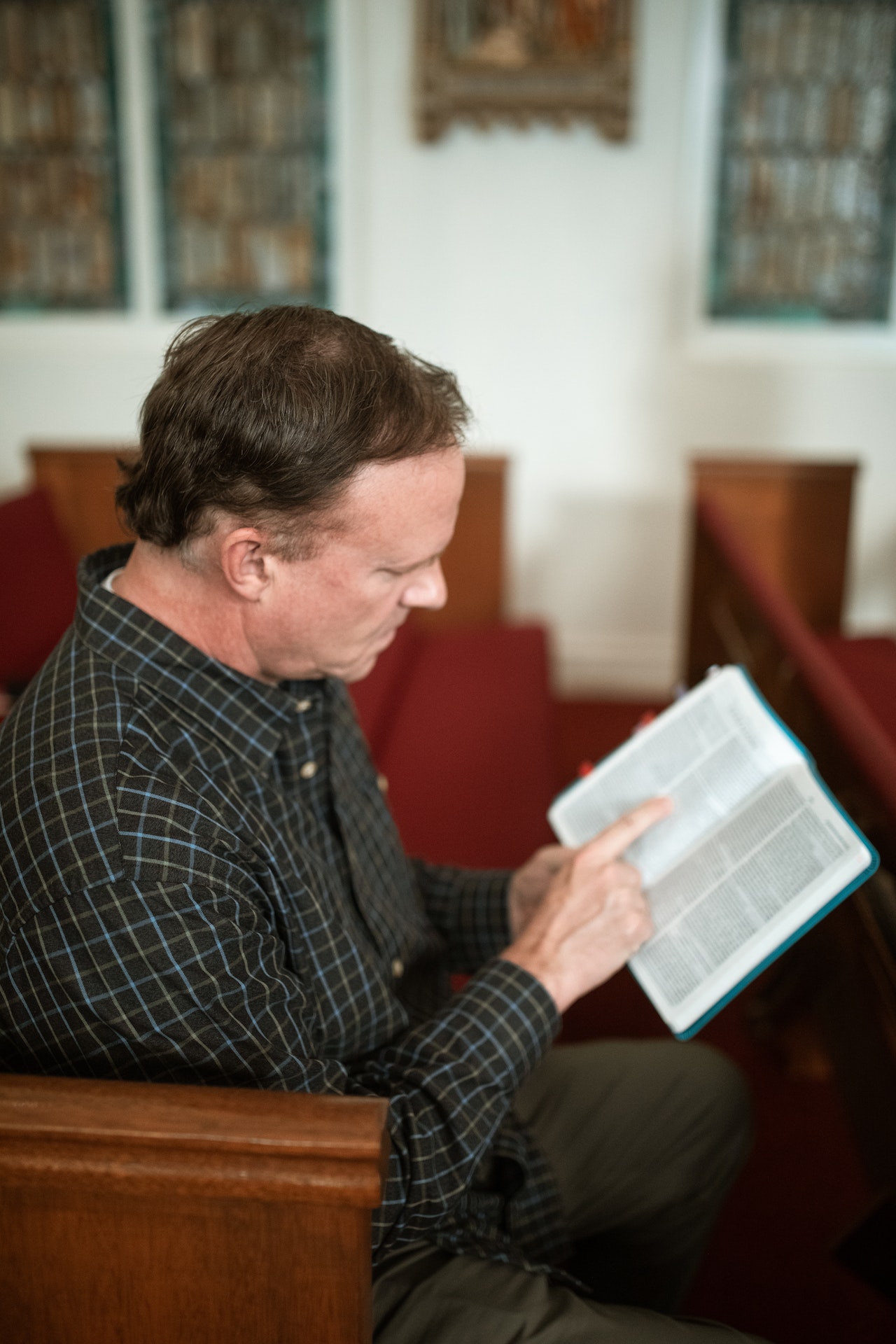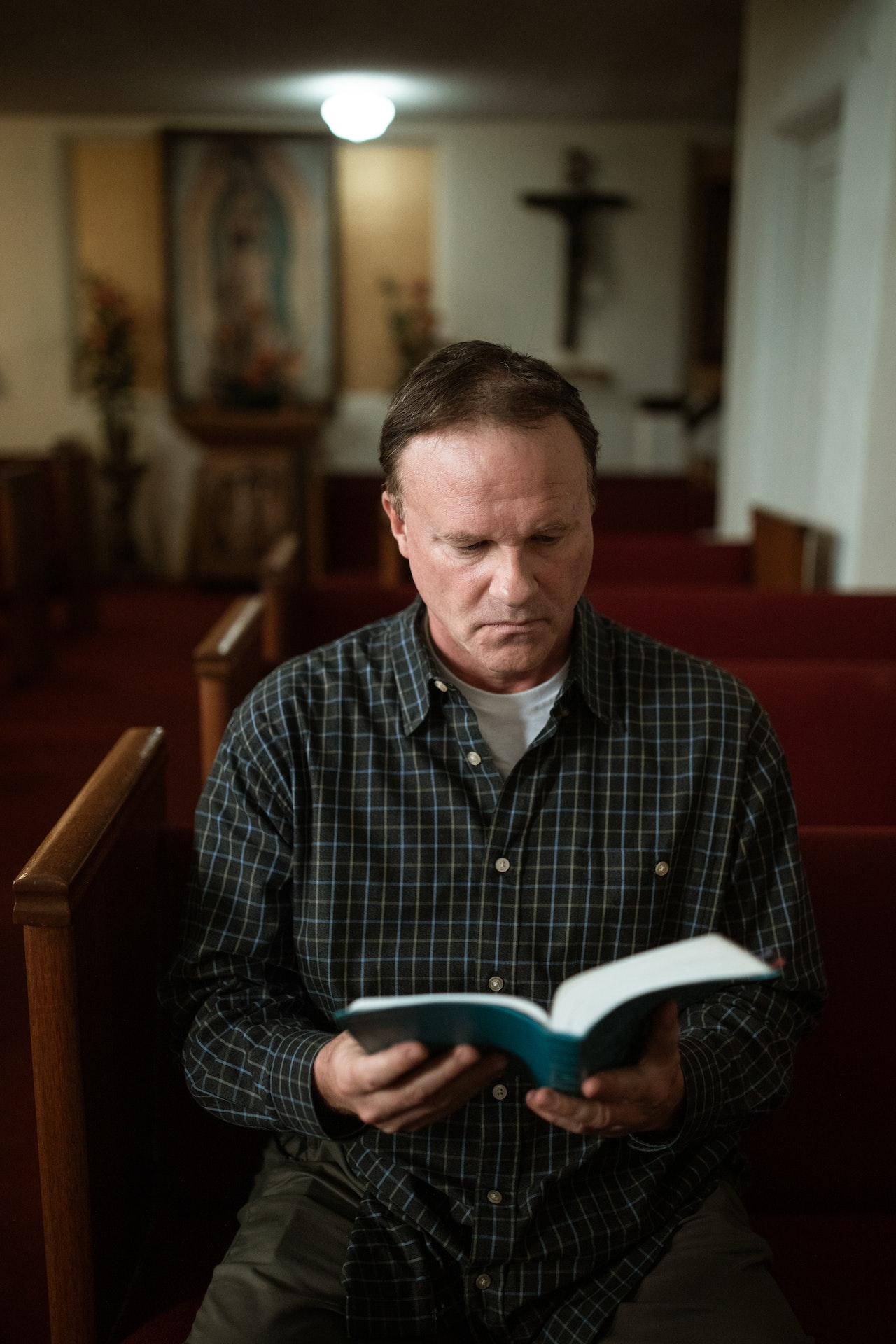Yule is a pagan festival that celebrates the winter solstice. Some Christians choose to incorporate elements of Yule into their own holiday celebrations, while others believe it is incompatible with their faith.
Table of Contents
History of Yule and its Connection to Christianity
Yule is a holiday that has been celebrated for centuries, with its roots in ancient pagan traditions. It is typically observed around the winter solstice, which falls on December 21st or 22nd each year. Many people associate Yule with the Christmas season, as both holidays involve festive decorations, gift-giving, and gatherings with loved ones.
The history of Yule dates back to pre-Christian times when Germanic and Norse peoples celebrated the winter solstice as a time of rebirth and renewal. The word “Yule” itself comes from the Old Norse word “jól,” which referred to a twelve-day festival that marked the beginning of the new year. During this time, people would feast, exchange gifts, and light bonfires to ward off evil spirits and bring warmth and light into the darkness of winter.
When Christianity began to spread throughout Europe, many of the traditions associated with Yule were incorporated into Christmas celebrations. The timing of Christmas, on December 25th, was likely chosen to coincide with the winter solstice and the existing pagan festivals. Over time, the two holidays became intertwined, with many customs and symbols from Yule being adopted by Christians.
One of the most notable connections between Yule and Christianity is the use of evergreen trees and wreaths as decorations. In pagan traditions, evergreens were seen as symbols of eternal life and fertility, as they remained green and vibrant even in the dead of winter. Christians later adopted these symbols to represent the everlasting life brought by Jesus Christ.
Another tradition that has its roots in Yule is the Yule log. In ancient times, a large log would be brought into the home and burned in the fireplace as a way to bring warmth and light into the darkness of winter. This practice eventually evolved into the modern custom of burning a Yule log on Christmas Eve, with the ashes being saved to bring good luck in the coming year.
Despite these connections between Yule and Christianity, some Christians may still have reservations about celebrating Yule. Some may view it as a pagan holiday that goes against their religious beliefs, while others may be concerned about mixing secular traditions with their faith.
However, many Christians see no harm in incorporating elements of Yule into their Christmas celebrations. They view it as a way to honor the traditions of their ancestors and find joy in the festive spirit of the season. Ultimately, the decision to celebrate Yule as a Christian is a personal one, and each individual must decide what feels right for them and their family.
In conclusion, the history of Yule and its connection to Christianity is a fascinating and complex topic. While some Christians may choose to avoid celebrating Yule due to its pagan origins, others embrace it as a way to connect with their heritage and enjoy the festive traditions of the season. Whether you choose to celebrate Yule or not, the most important thing is to focus on the true meaning of Christmas – the birth of Jesus Christ and the message of love and peace that he brought to the world.
Biblical Perspectives on Celebrating Yule
Yule is a holiday that has been celebrated for centuries, with roots in pagan traditions that predate Christianity. Many Christians wonder if it is appropriate for them to participate in Yule celebrations, given its non-Christian origins. However, when we look at the Bible, we can see that there is room for Christians to celebrate Yule in a way that is in line with their faith.
One of the key aspects of Yule is the celebration of the winter solstice, which marks the shortest day of the year. In many pagan traditions, this day is seen as a time of rebirth and renewal, as the days begin to grow longer once again. As Christians, we can see parallels between this idea of rebirth and renewal and the message of hope and new life that is central to our faith.
In the Bible, we see numerous examples of God bringing new life and hope to his people. In the book of Isaiah, we read, “Behold, I am doing a new thing; now it springs forth, do you not perceive it? I will make a way in the wilderness and rivers in the desert” (Isaiah 43:19). This message of new beginnings and God’s faithfulness is one that can be celebrated during Yule, as we look forward to the coming of Christ and the hope that he brings.
Another aspect of Yule is the tradition of decorating with evergreen plants such as holly, ivy, and mistletoe. These plants are seen as symbols of eternal life and the promise of spring to come. As Christians, we can see in these symbols a reminder of the eternal life that we have in Christ, who came to bring us salvation and the promise of new life.
In the book of John, Jesus says, “I am the resurrection and the life. Whoever believes in me, though he die, yet shall he live” (John 11:25). This message of eternal life is one that we can celebrate during Yule, as we decorate our homes with evergreen plants and remember the hope that we have in Christ.
Some Christians may be concerned about participating in Yule celebrations because of its pagan origins. However, it is important to remember that many of the traditions associated with Yule have been adapted and incorporated into Christian celebrations over the centuries. For example, the tradition of lighting candles during Yule can be seen as a way to symbolize the light of Christ coming into the world.
In the book of John, we read, “In him was life, and the life was the light of men. The light shines in the darkness, and the darkness has not overcome it” (John 1:4-5). This message of light overcoming darkness is one that we can celebrate during Yule, as we light candles and remember the hope that we have in Christ.
Ultimately, whether or not Christians can celebrate Yule is a personal decision that each individual must make for themselves. However, when we look at the Bible, we can see that there are aspects of Yule that are in line with our faith and that can be celebrated in a way that honors God. As we decorate our homes, light candles, and gather with loved ones during Yule, let us remember the message of hope and new life that we have in Christ, and celebrate with joy and gratitude for all that he has done for us.
Ways Christians Can Incorporate Yule Traditions into their Celebrations

Yule is a pagan holiday that celebrates the winter solstice, marking the longest night of the year. For many Christians, the idea of celebrating a pagan holiday may seem contradictory to their beliefs. However, there are ways that Christians can incorporate Yule traditions into their own celebrations without compromising their faith.
One way that Christians can celebrate Yule is by focusing on the themes of light and hope. The winter solstice is a time when the days are shortest and the nights are longest, but it also marks the turning point when the days begin to grow longer again. This can be seen as a symbol of hope and renewal, which are central themes in the Christian faith. Christians can incorporate this idea into their celebrations by lighting candles or decorating with lights to symbolize the return of light and hope.
Another way that Christians can celebrate Yule is by focusing on the idea of giving and generosity. Yule is a time when people traditionally exchange gifts and share food with loved ones. Christians can embrace this spirit of giving by participating in acts of charity and kindness during the holiday season. This can include volunteering at a local shelter, donating to a food bank, or simply reaching out to someone in need. By focusing on giving rather than receiving, Christians can embody the true spirit of the holiday season.
Additionally, Christians can incorporate Yule traditions into their celebrations by connecting with nature. Yule is a time when pagans traditionally honor the earth and the changing seasons. Christians can do the same by spending time outdoors, going for a winter hike, or simply taking a moment to appreciate the beauty of the natural world. By connecting with nature, Christians can deepen their appreciation for God’s creation and find spiritual renewal in the midst of the winter season.
One final way that Christians can celebrate Yule is by incorporating elements of pagan symbolism into their holiday decorations. For example, Christians can decorate their homes with evergreen branches, holly, and mistletoe, which are all traditional symbols of Yule. These decorations can serve as a reminder of the interconnectedness of different faith traditions and the ways in which they can complement each other.
In conclusion, Christians can celebrate Yule in a way that is meaningful and in line with their faith by focusing on themes of light and hope, giving and generosity, connecting with nature, and incorporating elements of pagan symbolism into their celebrations. By embracing these traditions, Christians can find new ways to deepen their spiritual practice and connect with the true meaning of the holiday season. Yule can be a time of joy, renewal, and connection for Christians and pagans alike, reminding us of the common threads that unite us all as we celebrate the turning of the seasons and the promise of new beginnings.
Exploring the Similarities and Differences Between Yule and Christmas
Yule and Christmas are two holidays that are often associated with each other, but they have distinct origins and traditions. Yule is a pagan holiday that celebrates the winter solstice, while Christmas is a Christian holiday that commemorates the birth of Jesus Christ. Despite their differences, there are some similarities between the two holidays that have led some Christians to wonder if it is appropriate to celebrate Yule.
One of the main similarities between Yule and Christmas is the timing of the holidays. Both Yule and Christmas are celebrated in late December, with Yule typically falling on the winter solstice, which is around December 21st. This close proximity in timing has led to some overlap in traditions and customs between the two holidays. For example, both holidays involve decorating with evergreen trees, holly, and mistletoe, as well as exchanging gifts with loved ones.
Another similarity between Yule and Christmas is the emphasis on light during the darkest time of the year. Yule celebrates the return of the sun after the longest night of the year, while Christmas celebrates the birth of Jesus, who is often referred to as the “light of the world.” Both holidays involve lighting candles, bonfires, or other sources of light to symbolize hope and renewal during the winter months.
Despite these similarities, there are also significant differences between Yule and Christmas that make some Christians hesitant to celebrate Yule. Yule has pagan roots and is associated with ancient traditions that predate Christianity. Some Christians believe that participating in Yule celebrations could be seen as endorsing pagan beliefs or practices that are contrary to their faith.
Additionally, some Christians may feel uncomfortable with the focus on nature and the earth in Yule celebrations. Pagan traditions often involve rituals and ceremonies that honor the natural world and the changing of the seasons, which may conflict with Christian beliefs about the supremacy of God and the importance of worshiping Him above all else.
Ultimately, whether or not Christians can celebrate Yule is a personal decision that each individual must make for themselves. Some Christians may choose to incorporate elements of Yule into their Christmas celebrations as a way to connect with nature, honor the changing of the seasons, or simply enjoy the festive atmosphere of the holiday season. Others may prefer to stick to more traditional Christian customs and avoid any association with pagan practices.
Regardless of how Christians choose to celebrate, it is important to remember the true meaning of Christmas and to focus on the birth of Jesus Christ as the central reason for the season. Whether you choose to celebrate Yule, Christmas, or both, the most important thing is to spend time with loved ones, show kindness and generosity to others, and reflect on the message of peace and goodwill that both holidays share.
In the end, the holidays are a time for joy, love, and celebration, and how you choose to celebrate is a personal decision that should be guided by your own beliefs and values. So whether you choose to celebrate Yule, Christmas, or a combination of both, may your holiday season be filled with warmth, happiness, and the spirit of giving.
Addressing Controversies and Debates Surrounding Christians Celebrating Yule
Yule is a holiday that has been celebrated for centuries by various cultures around the world. It is often associated with the winter solstice and marks the longest night of the year. For many people, Yule is a time to gather with loved ones, exchange gifts, and celebrate the return of the sun. However, there has been some debate within the Christian community about whether or not it is appropriate for Christians to celebrate Yule.
Some Christians argue that Yule has pagan origins and is therefore incompatible with their faith. They point to the fact that many of the traditions associated with Yule, such as decorating a tree, lighting candles, and exchanging gifts, have roots in ancient pagan rituals. They believe that participating in these traditions goes against the teachings of Christianity and could lead to the worship of false gods.
On the other hand, there are Christians who see no harm in celebrating Yule. They argue that the holiday can be a time to reflect on the birth of Jesus Christ and to spread love and joy to others. They believe that the traditions associated with Yule can be adapted to fit within a Christian framework and that there is no harm in participating in them.
Ultimately, whether or not Christians can celebrate Yule comes down to personal beliefs and convictions. Some Christians may feel uncomfortable participating in traditions that have pagan origins, while others may see it as an opportunity to connect with their faith in a new way. It is important for each individual to prayerfully consider their own beliefs and to seek guidance from their church community if they are unsure.
For those Christians who do choose to celebrate Yule, there are ways to incorporate their faith into the holiday. For example, they can focus on the themes of light and hope that are central to both Yule and Christianity. They can also use the holiday as a time to give back to those in need and to spread kindness and compassion to others.
In the end, the most important thing is to approach the holiday with an open heart and a spirit of love and generosity. Whether you choose to celebrate Yule as a Christian or not, the most important thing is to use the holiday as an opportunity to connect with loved ones and to spread joy and goodwill to all. So, can Christians celebrate Yule? The answer is ultimately up to each individual to decide.
Conclusion
Yes, Christians can celebrate Yule as a cultural or secular holiday, but should be mindful of its pagan origins and ensure that their celebrations do not conflict with their religious beliefs.
For licensing reasons, we must provide the following notice: This content was created in part with the help of an AI.


